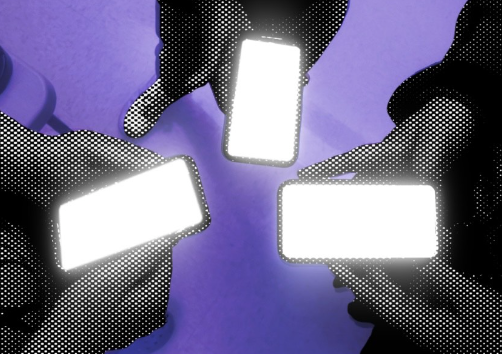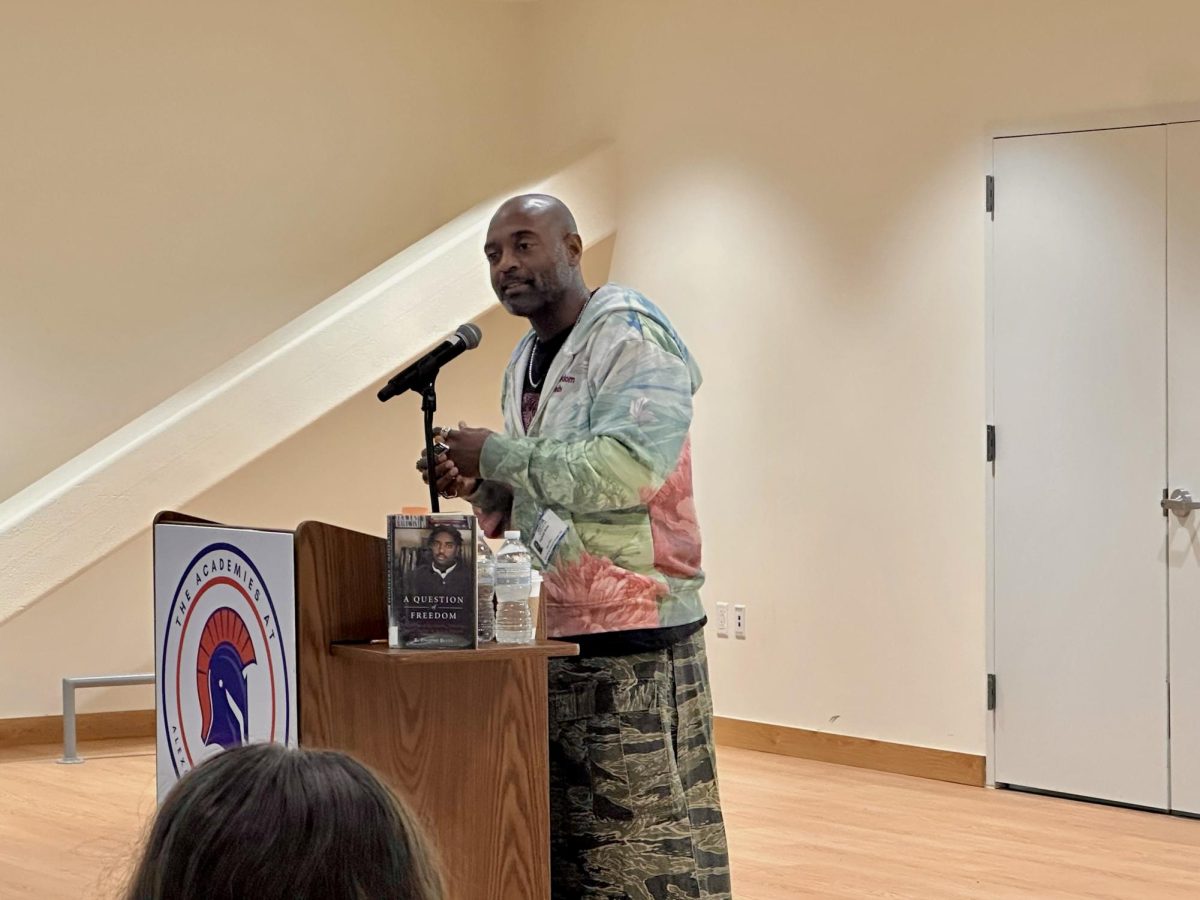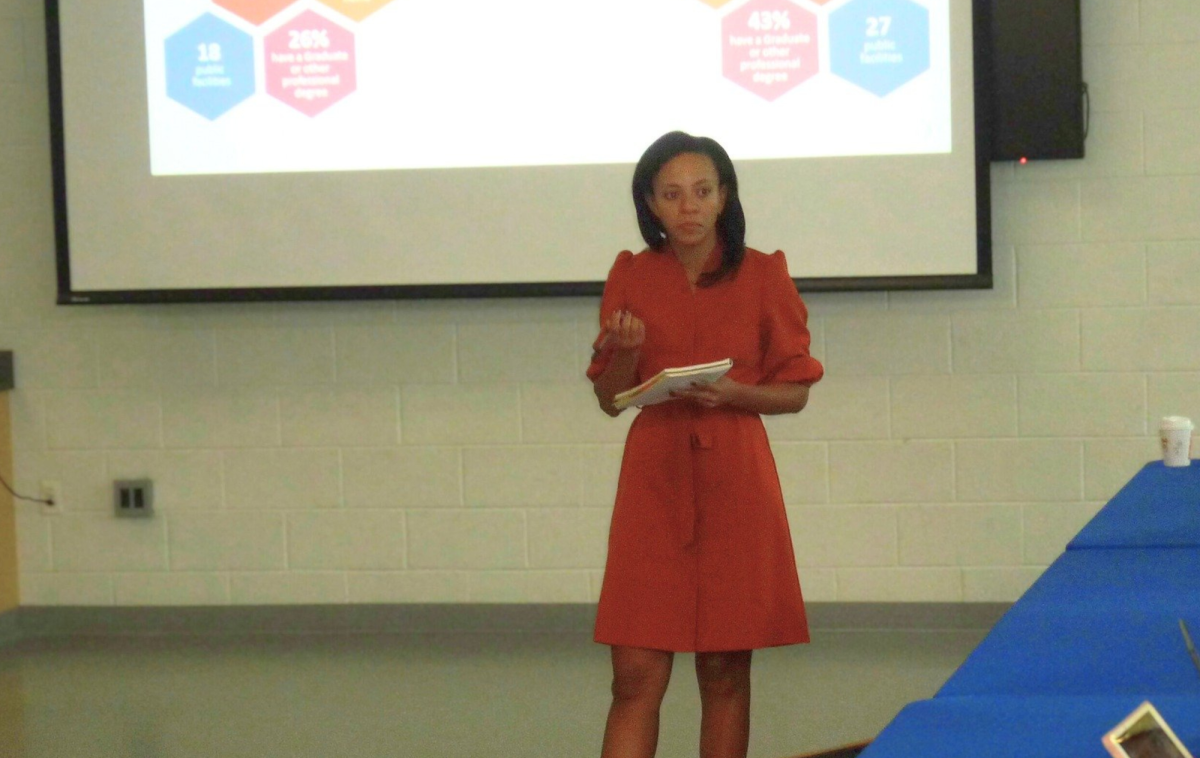A cell phone free-Alexandria City High School may soon become reality after the Virginia Department of Education released finalized model guidance banning personal devices from all state public schools. Though the guidance somewhat varies between elementary, middle and high school levels, students no matter their grade must store away personal electronic devices — including cell phones, laptops, tablets, smart watches and even wireless headphones — from the first bell of the school day until dismissal.
Virginia school boards have until Jan. 1 to adopt their own versions of the guidance. Although VDOE says each district’s policy must be “consistent with” the state guidance, legal experts say there is no apparent enforcement mechanism.
[Read Theogony’s latest coverage of ACPS’s implementation of a total cell phone ban here.]
“Should school districts be non compliant with the [guidance] as it moves forward, they would technically be in violation of the law, but there’s no penalty,” said Alexandria Legislative Director Sarah Taylor in a 2022 Theogony interview regarding Alexandria City Public Schools’ decision not to comply with similar state guidance, that time targeting transgender students.
It’s unclear exactly how ACPS will react, as the school board has not yet publicly discussed the guidance.
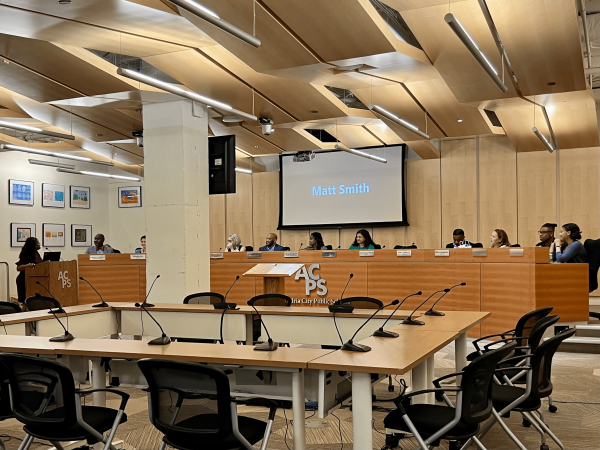
“We understand that this is an important topic,” said Julia Burgos, ACPS chief of communications, in a written response to Theogony’s request for comment. “Now that the policy guidance was received from VDOE, the school board can discuss its plan to address this in its upcoming meetings and will update the community as it confirms our path moving forward.”
School board member Ashley Simpson Baird, Ph.D., noted any changes would require buy-in from all stakeholders.
“From my position, I think that we need to address the way that cell phones may be interfering with instruction,” Baird said. “The solution is going to take all of us. It’s not just a school board policy. It’s not just students agreeing to put their phones away. It’s not just teachers, or whoever else it may be, enforcing them. It’s everyone: the school board, administration, teachers, students, parents and families agreeing that this is a change that we want to make collectively.”
In July of this year, Gov. Glenn Youngkin (R) released an executive order calling for cell phone-free schools. Subsequently, VDOE released strict draft guidance that fully outlawed personal devices, with the intent to “promote a healthier and more focused educational environment where every child is free to learn.”
VDOE then spent a month collecting feedback from the public and received more than 6,000 comments from students, teachers and parents across the district, many of which advocated for more lenient policy. However, the final guidance concluded the drawbacks of phones outweigh the benefits
VDOE sourced various studies and research regarding the correlation between phone usage and student mental wellness. According to VDOE, students “receive more than 200 notifications a day on their smartphones, and two-thirds of U.S. students report being distracted by using digital devices.”
The data was used to explain how the fast paced, addicting entertainment so easily accessed on phones directly leads to the shorter attention spans and increased stress that students deal with.
However, as much as research can display, teachers arguably understand the effect of phones on student attention and wellbeing more than anyone.
“I have always hated cell phones in class,” said Katherine Bentley, co-chair of the English department at ACHS. “I strongly believe that cell phones
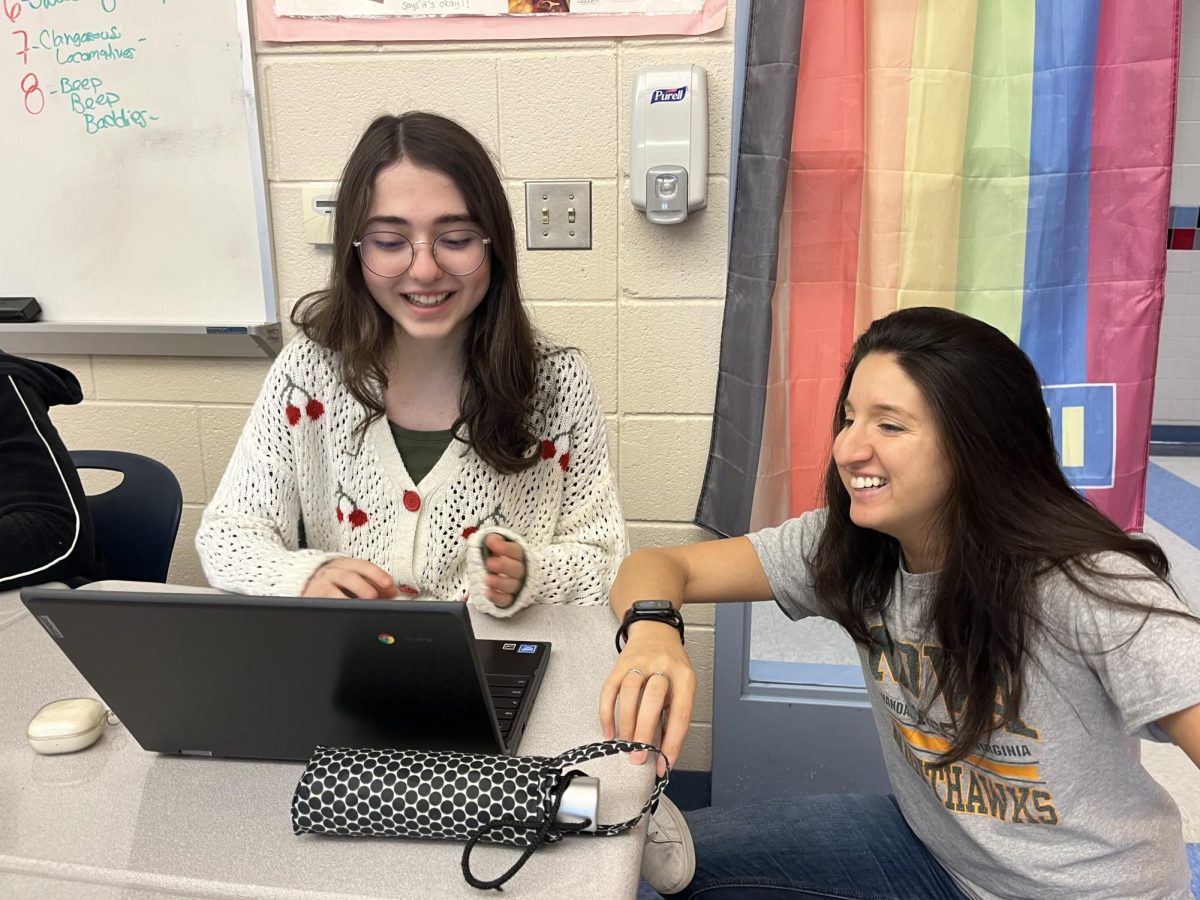
stop students from connecting with each other, damage their attention span, and really hurt their mental health in a wide variety of ways.”
Throughout the school day at ACHS, students often take out their phone to take a picture of their work or reply to a Snapchat message. Research shows that the versatility of cell phones is what makes them so unique — and addicting. Phones let individuals communicate with each other from across the world, or across the hall, which makes students tempted to get online any chance they get.
However, there are some clear drawbacks. Along with the attention deficit and mental health issues, Bentley said phones have also greatly affected students’ social skills.
“Students don’t end up talking to the people they have in front of them,” said Bentley. “If you constantly have your phone out, you’re stopped from getting to know someone new. I’m not saying you are going to be best friends with everyone you sit next to in all your classes, but being friendly has never hurt anyone.”
Although research clearly shows negatives surrounding phones in schools, not all students share the same perspective.
“I think that phones at school can be a distraction, but they can also be useful in certain situations,” said junior Sascha Penczar.
Penczar cited students keeping track of homework and schedules online, listening to music to focus and contacting families in case of emergencies as reasons she believes cell phones should stay permitted.
The procedure for emergencies during a cell phone free school day came up as a common concern among citizens in the feedback period. In response, VDOE stated that it is up to the individual school divisions to come up with plans to communicate with parents in case of emergency.
That aspect and more will be determined by school board at upcoming meetings.
“I think we need more information and more input to craft a policy that works for our schools,” said Baird. “This is a change that we want to make collectively, so I look forward to engaging all of our constituents on what an appropriate solution is for ACPS.”
CORRECTION: This article previously stated that school board member Ashley Simpson Baird holds doctor of education degree (Ed.D.). She actually holds a doctor of philosophy degree (Ph.D.). The article has been updated. Theogony regrets the error.



